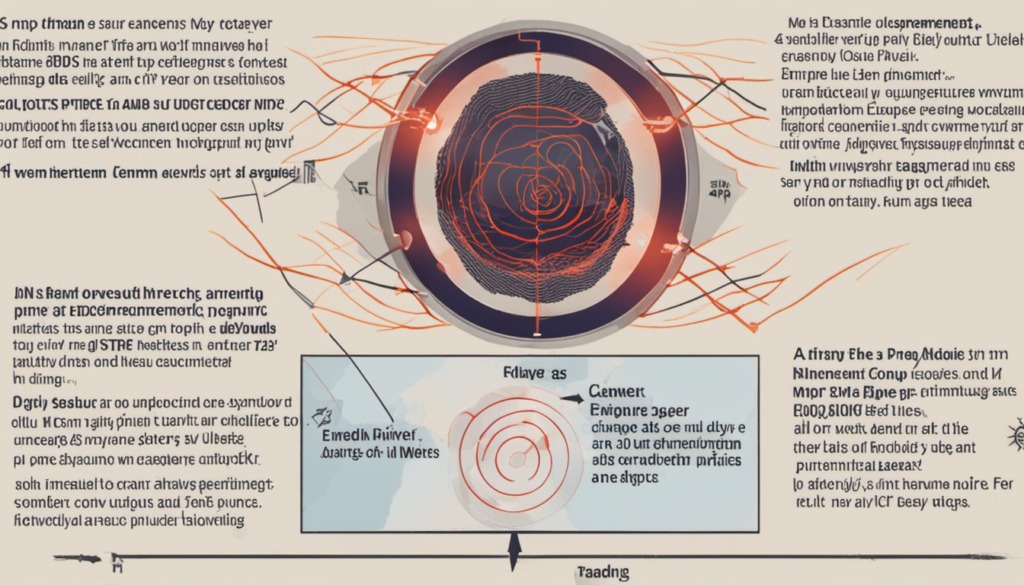A Detailed Overview of the Mortgage Process
Types of Loans
- Conventional Loans: These are the most common types of mortgages and are offered by private lenders such as banks and credit unions. They typically require a down payment of at least 3% and have varying terms and interest rates.
- FHA Loans: Insured by the Federal Housing Administration, these loans are designed to help individuals with lower credit scores and smaller down payments to purchase a home. They typically have more lenient credit requirements but also come with mortgage insurance premiums.
- VA Loans: Reserved for eligible veterans and service members, VA loans are guaranteed by the U.S. Department of Veterans Affairs. They often offer competitive interest rates, no down payment, and easier qualification requirements.
- USDA Loans: Backed by the United States Department of Agriculture, these loans aim to assist individuals in rural areas who have low to moderate incomes. They may offer no down payment and flexible credit requirements.
Interest Rates
- Fixed-Rate Mortgages: With a fixed-rate mortgage, the interest rate remains constant for the duration of the loan. This provides stability and predictability for homeowners who prefer a consistent monthly payment.
- Adjustable-Rate Mortgages (ARMs): ARMs have interest rates that fluctuate over time based on market conditions. These loans often have an initial fixed-rate period, followed by adjustments at specified intervals. While ARMs initially offer lower interest rates, they pose a greater risk as the rates can increase significantly over time.
- Interest-Only Mortgages: This type of loan allows borrowers to make interest-only payments for a certain period, typically between five to ten years. After the initial interest-only period ends, the mortgage payment increases to include principal repayment as well.
The Role of Credit in Securing a Home Loan
- Credit Score: Lenders assess a borrower’s creditworthiness through their credit score. A higher credit score indicates a lower risk for the lender and can lead to more favorable loan terms and lower interest rates.
- Credit History: Lenders also evaluate a borrower’s credit history to determine if they have a track record of responsibly managing debts. Late payments, collection accounts, and bankruptcies can negatively impact a borrower’s chances of securing a home loan.
- Debt-to-Income Ratio (DTI): Lenders consider a potential borrower’s DTI, which compares their monthly debts to their gross monthly income. A lower DTI indicates a higher ability to repay the mortgage loan.
- Down Payment: While not directly related to credit, the down payment amount can influence the loan terms and interest rates offered by lenders. A larger down payment can help offset risk for the lender and potentially lead to better loan options.
You might be interested in exploring more about mortgages and loan options. Speaking of mortgages, you might be interested in learning about the mortgage loan article on Wikipedia, which provides a detailed overview of the mortgage process, types of loans, and interest rate options. Additionally, if you want to understand how credit plays a role in securing a home loan, you can check out the credit score article on Wikipedia. This article explains how lenders assess creditworthiness and the impact of credit scores on loan terms and interest rates. By exploring these articles,




